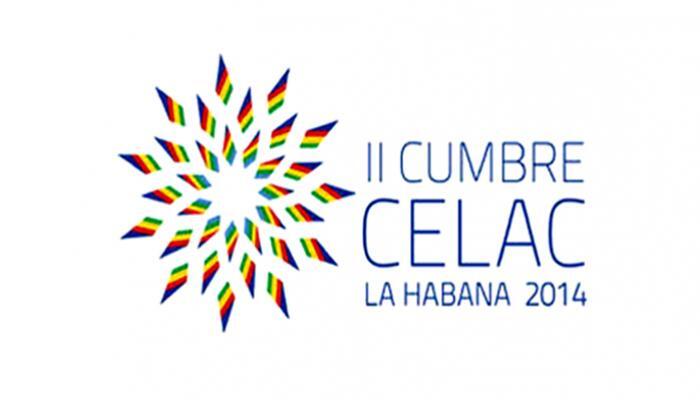Havana’s Pabexpo Pavilion is ready to host the meeting of National Coordinators that will take place prior to the 2nd Summit of Heads of State and Government of the Community of Latin American and Caribbean States.
The National Coordinators will meet on January 25 and 26, followed by the meeting of foreign ministers scheduled for Monday, January 27, and the heads of state and government will meet on the 28 and 29, in what has been considered the most important institutional gathering in this part of the world in a hundred years.
Cuba, who chaired CELAC in 2013, will hand over the presidency to Costa Rica during the 2014 Summit.
The majority of Latin American and Caribbean leaders have already confirmed their participation. These include the presidents of Venezuela, Ecuador, Bolivia, Uruguay, Argentina, Brazil, Nicaragua and Mexico. Also confirmed is Costa Rica’s Laura Chinchilla, who will receive the presidency of the Community from Cuba’s Raul Castro though Chinchilla will not be able to conclude the mandate after general elections scheduled to take place in Costa Rica on February 2.
Cuba on its part expects to see the ongoing success of regional integration and unity amidst the diversity of the region. This, of course, was the dream of Simon Bolivar, José Martí, Eloy Alfaro, Benito Juarez and other Latin American and Caribbean independence heroes, whose legacy is A the Summit will open session On January 28, Cubans will be marking the 161st anniversary of the birth of Cuban National Hero Jose Marti.
Ecuadorians will commemorate the 102 anniversary of the assassination of President Eloy Alfaro, a close friend of José Marti, in Quito.
The Summit is also expected to face up to the paradox of a sub-continent which, despite its rich natural resources and evident human talent, has inherited deep inequalities from its colonial and neo-colonial past. An inheritance attested to by over 50 million people living in poverty, nearly 10 percent of the entire population of Latin America and the Caribbean.
For Cuba, who paved the way towards the second independence of what we call Our Americas, the lands from the Rio Grande to Patagonia, this summit constitutes a undeniable ethical, and political reward. Cuba, a small island nation, has waged an intense struggle since 1959 to continue and preserve its social achievements, its national sovereignty and independence in the face of constant US aggression.
In the light of this, the Summit for Cuba is a forum in which the actors are the Latin Americanan and Caribbean governments who, on behalf of their peoples, strive after regional unity, and, following the Cuban lead, without foreign imperialist interference.


